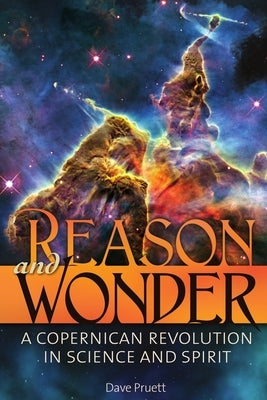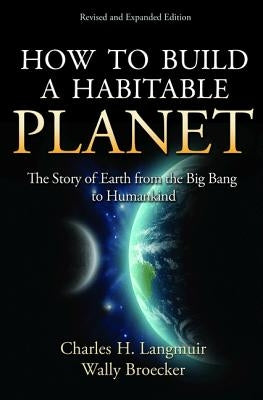Description
This second edition brings this definitive book completely up to date with the many advances in our understanding of Arctic climate since the first edition was published in 2005. The book has also been extensively reorganized to weave issues of Arctic change throughout the text, rather than confining them to a single chapter. It is the first to provide an integrated assessment of the Arctic climate system, recognizing that a true understanding of how the Arctic functions lies in appreciating the interactions and linkages among its various components. The book begins with a historical perspective, followed by discussion of the basic physical and climatic characteristics of the Arctic. Following a review of past climates (paleoclimates), the book closes with an assessment of the Arctic's uncertain future. Though targeted mainly at advanced students and researchers, this book is accessible to anyone with an interest in the Arctic and a basic understanding of climate science.
About the Author
Serreze, Mark C.: - Mark C. Serreze is the Director of the National Snow and Ice Data Center (NSIDC), part of the Cooperative Institute for Environmental Sciences (CIRES) at the University of Colorado Boulder. He is also a fellow of CIRES and a Professor in the Department of Geography. His Arctic research interests are wide-ranging, and include atmosphere-sea ice interactions, synoptic climatology, hydro-climatology, boundary layer problems, numerical weather prediction, and climate change. Dr Serreze has conducted fieldwork in the Canadian Arctic on sea ice and ice caps, and on the Alaskan tundra.Barry, Roger G.: - Roger G. Barry is a Distinguished Professor of Geography Emeritus at the University of Colorado Boulder and the former director of NSIDC. He is currently the Director of the International CLIVAR Project Office at the National Oceanography Centre in Southampton, UK. He has written more than 250 research papers, and his books include Mountain Weather and Climate, 3rd edition (Cambridge University Press, 2008); Atmosphere, Weather and Climate, 9th edition (with Richard Chorley, 2009); Synoptic Climatology: Methods and Applications (with A. H. Perry, 1973); Synoptic and Dynamic Climatology (with Andrew Carleton, 2011); and The Global Cryosphere: Past, Present and Future (with Thian Gan, Cambridge University Press, 2011). In 1999, Dr Barry was elected a Fellow of the American Geophysical Union in recognition of his contributions to research in climatology and cryospheric science. In 2009-10 he spent nine months on a Humboldt Fellowship at the Glaciology Commission in Munich.




















































